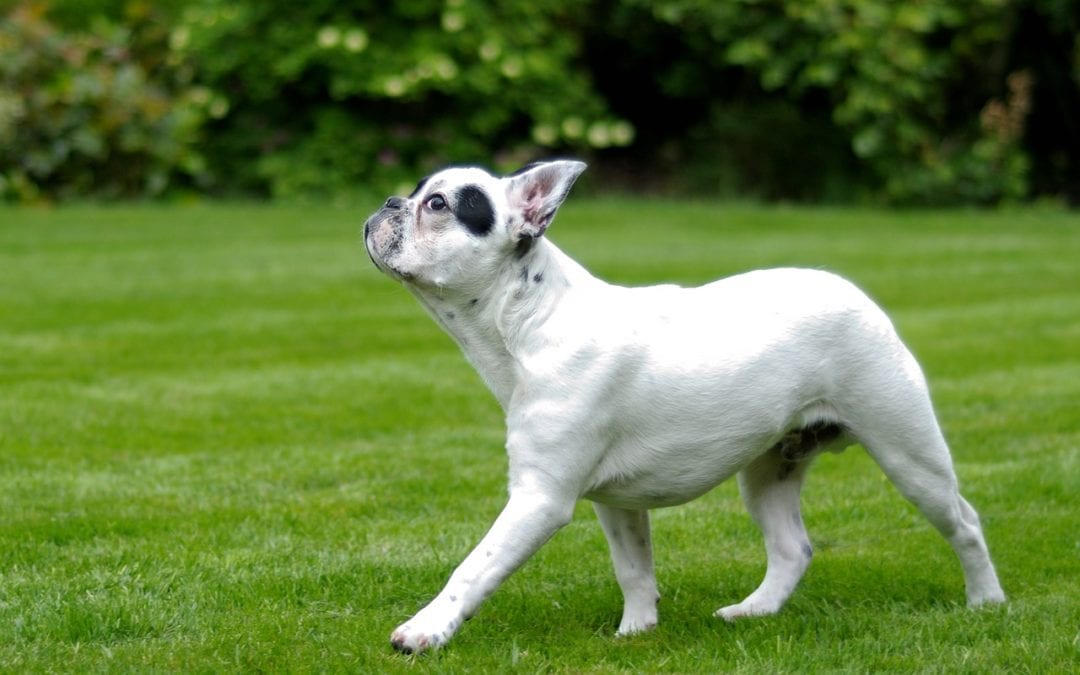Any pet owner who has experienced anal gland problems in their pet can tell you that it really isn’t a laughing matter. Dogs and cats have been blessed with two little sacs that reside just inside their rectum that collects a strongly scented discharge. These are the same organs that a skunk might use to spray you. When things go awry in this neck of the woods, however, chaos can result. Learning a little bit about anal gland problems in pets and what causes them may just help you to avoid having to deal with a stinky issue.
Signs of Anal Gland Problems
In a normal situation, the material contained in the anal sacs express when a pet has a bowel movement, scenting the stool. This material is milked out through tiny openings into the rectum, but it is not difficult for the system to be impaired, resulting in anal gland problems.
When the material does not express properly, the gland may become clogged, or impacted. Untreated this can lead to an infection of the anal sac, which may even eventually rupture externally. Though rare, pets may develop tumors in the anal gland as well.
If your pet is having anal gland problems, it is important to have him or her evaluated right away. Signs that you need to call us include:
- Scooting or dragging the rear end
- Licking at the rectal area
- Holding the tail in an abnormal position
- Turning and looking at the rear end frequently
- Crying out or jumping away out of seemingly nowhere
- Difficulty/reluctance to have a bowel movement
- A swelling near the rectum
Preventing Problems
Not all anal gland problems in pets are preventable, but there are some things that you can do to lessen your odds of getting into a stinky situation. Be sure to pay close attention to your pet’s rear end, especially if he or she has had problems previously. Also be sure to:
- Bring your pet in for routine wellness appointments where problems may be caught early
- Feed a high quality diet that contains enough fiber to encourage a healthy bowel movement
- Keep your pet’s weight at an ideal level, as obese pets have a higher incidence of issues
- External glands can be expressed as part of a grooming appointment
- Don’t ignore signs of a problem as early treatment is often the best
Anal gland problems certainly are not fun. They can be downright smelly, and are often uncomfortable and even painful for our pets. If you think your pet might be having a problem, don’t delay in having us check it out. Union Lake Veterinary Hospital is here for you, no matter how stinky your problem may be.

